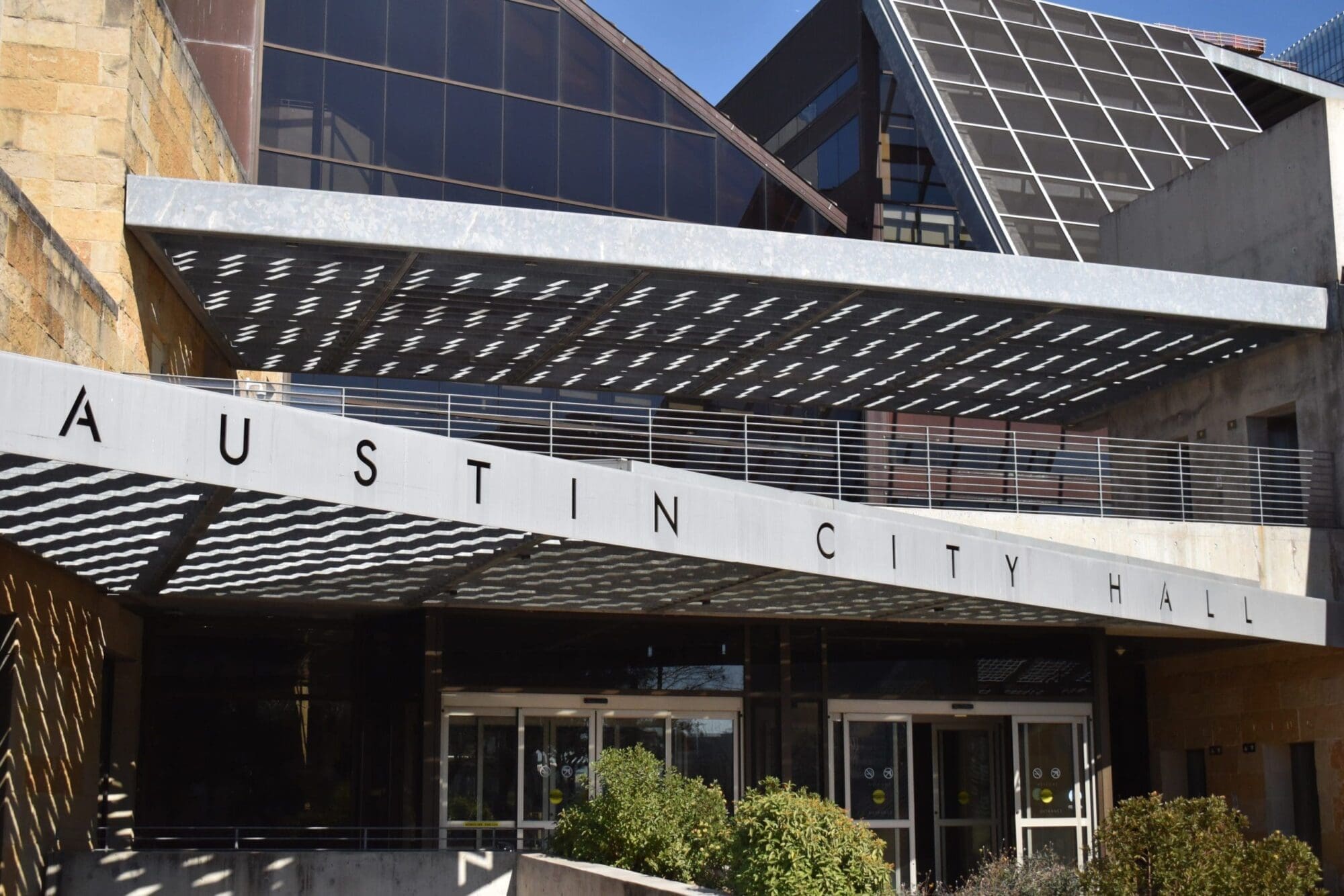The Conservative Roundtable of Texas held a Policy Summit in the Capitol on Tuesday afternoon, at which select legislators discussed their respective outlooks on budget, education, and transportation issues for the session.
The Conservative Roundtable, which has historically distributed fiscal responsibility endorsements like participation awards to unworthy legislators, featured Republican legislators hardly known for fiscal conservatism.
The first segment of the panel featured State Reps. Drew Darby, John Otto, Tan Parker, and John Zerwas discussing the 2016-17 budget process.
State Rep. Darby noted the difficulty of discerning whether to cut taxes and fees by $1 billion or to increase spending from General Revenue dedicated accounts. Darby emphasized maintaining border security and infrastructure in a fiscally responsible manner, as well as weighing the fairness of the franchise tax. He also insisted that the 25% diversion of motor fuel taxes to education is “not gonna change [sic],” citing the 1946 constitutional mandate that requires it.
State Rep. Otto expressed a desire to preserve the balances of dedicated funds by only using $3 billion out of the $5.4 billion appropriated. “Dedicating money is fine if it is a core function of government and if it is of high priority,” said Otto, adding that the House should abide by the debt limit set by the LBB and that he doesn’t “have any problem” with how the limit is calculated.
State Rep. Zerwas described the rapid increase in Medicaid enrollment as a challenge to securing adequate resources for education. During this session, he said, the Legislature must keep up with the growth in Medicaid by determining additional needs and incorporating a system of incentives into the program. “I don’t see any urgent things happening out there right now that would cause us to want to tap into the ESF,” said Zerwas. Regarding the franchise tax, Zerwas advocated raising the current exemption level in order to attract businesses to Texas.
The transportation policy panel, which featured State Reps. Larry Phillips, Joe Pickett, and Kenneth Sheets, concerned funding mechanisms. State Rep. Pickett mentioned the challenges he has faced in convincing his constituents and fellow legislators that the gas tax needs to be increased. “We keep adding to the debt because we don’t have the revenue source to pay for it,” said Pickett. He argued that the state should stop borrowing money and instead seek additional revenue to pay for transportation and debt service.
Also stressed at the summit was the importance of community colleges, the development and retention of medical professionals in Texas, and financial counseling for college freshmen.
Gov. Greg Abbott has repeatedly stated his support for ending all diversions from the State Highway Fund. He has refused to expand Medicaid in Texas, and he has labeled the franchise tax as “fundamentally flawed” because it fails to bring long-term property relief as promised. Lt. Gov. Dan Patrick has expressed similar concerns, calling for an end to fuel tax diversions, as well as a budget that implements significant tax relief for businesses and property owners.




